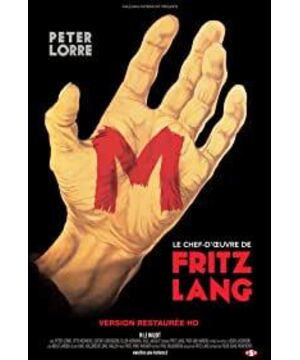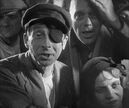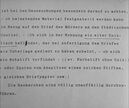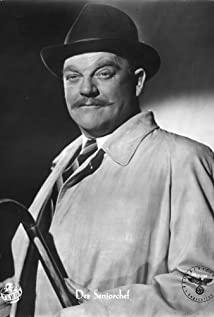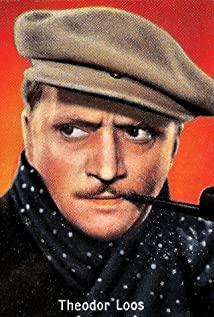On December 12, Zhao Douchun, the principal in the Suyuan case, was released from prison. Since the release of the movie "Su Yuan" in 2013, the incident has received widespread attention, and the sentencing of criminals with "mental disorders" (the words are not allowed to be more tolerant) has become a hot topic. I would have thought that the film's attention to this topic would only be reflected in recent work, but Fritz Lang apparently had the issue in mind in 1931 (or even earlier).
The first time I came into contact with Frederick's work was watching "Metropolis". Originally, I gave 4 stars because of the love story in the Metropolis that I didn't like, but in the next few days, the fragments of the Metropolis would appear in my mind at every turn, and the most common ones were the workers playing the pyramid in a rhythmic manner. The machine, this scene is the expressionism to the fullest. Compared with the exaggerated movements and expressions throughout "Metropolis", the expressionism of the film "M is the Murderer" is reflected in the performance of the murderer. Wernick's eyes stare like a ping-pong ball, panic and fear are all in it. . M is not a silent film, but there is not much music in the whole film, so M's whistle is particularly impressive. I would like to believe that this is the director's intention to deepen the audience's memory.
M is a serial killer who specializes in torturing and killing little girls (although this movie is marked as a thriller, but there is no blood at all, and the horror atmosphere is basically presented through images such as shadows on the poster). The city's black and white arrest. Through their own channels, gangsters caught M at the cost of nearly destroying a public building, and set up a private court to execute M. Don't say, the private court of the underworld is set up in a splendid manner, with a "chairman" (I don't know if it is a translation issue, I think it should be a "judge" is more appropriate), and there are a number of juries in the audience, Even Suspect M has a defense attorney. The people in the movie were just as indignant as the Korean netizens who heard about Zhao Douchun's crimes, and demanded to kill M, but I really didn't expect that the alcoholic defense lawyer who opposed the killing of M was the one who finally opposed the murder. The masses have no doubts about the fairness and justice of the verdict. One of the women also expressed the despair of losing a child from the perspective of a mother. I believe this is also a very straight-to-heart speech. The lawyer was equally indignant. He believed that the state had the responsibility to keep people like M under custody until it was confirmed that he would no longer cause harm to society. This also leads to another topic about M that we have to mention, how a person with certain anti-social behavior characteristics, or eccentricities, should be treated.
M claimed that he could not control his own murder, he cried out his helplessness, but he did not get the sympathy of the masses. Perhaps, we can attribute him to a "born devil", but we might as well look at this feature from a broader perspective. In fact, this topic has been discussed many times in many movies, and the ending is exactly the opposite. In the X-Men series, all mutants can be said to have some kind of anti-social behavior, and a person who was born unusually powerful poses a threat to society in itself. If you say that people like M are a hidden danger to society, and he can't be found to have killed so many little girls, why aren't mutants? The X-Men have made mutants a minority that needs to be protected by the law, and it has been recognized by everyone. To be more realistic, the definition of a "minority with antisocial behavior characteristics" may have been different in different eras. Britain during World War II could be a gay scientist like Turing, and in 16th century Italy it was Galileo who defended heliocentrism.
Some people say that no matter how special you are, you shouldn't hurt others, and you should be punished for hurting others. So is anti-public order and good morals harming people? How did Turing hurt others? What the law needs to solve is, after all, a boundary issue, what kind of injury should be punished, and the boundary itself may be the most difficult to define.
View more about M reviews


